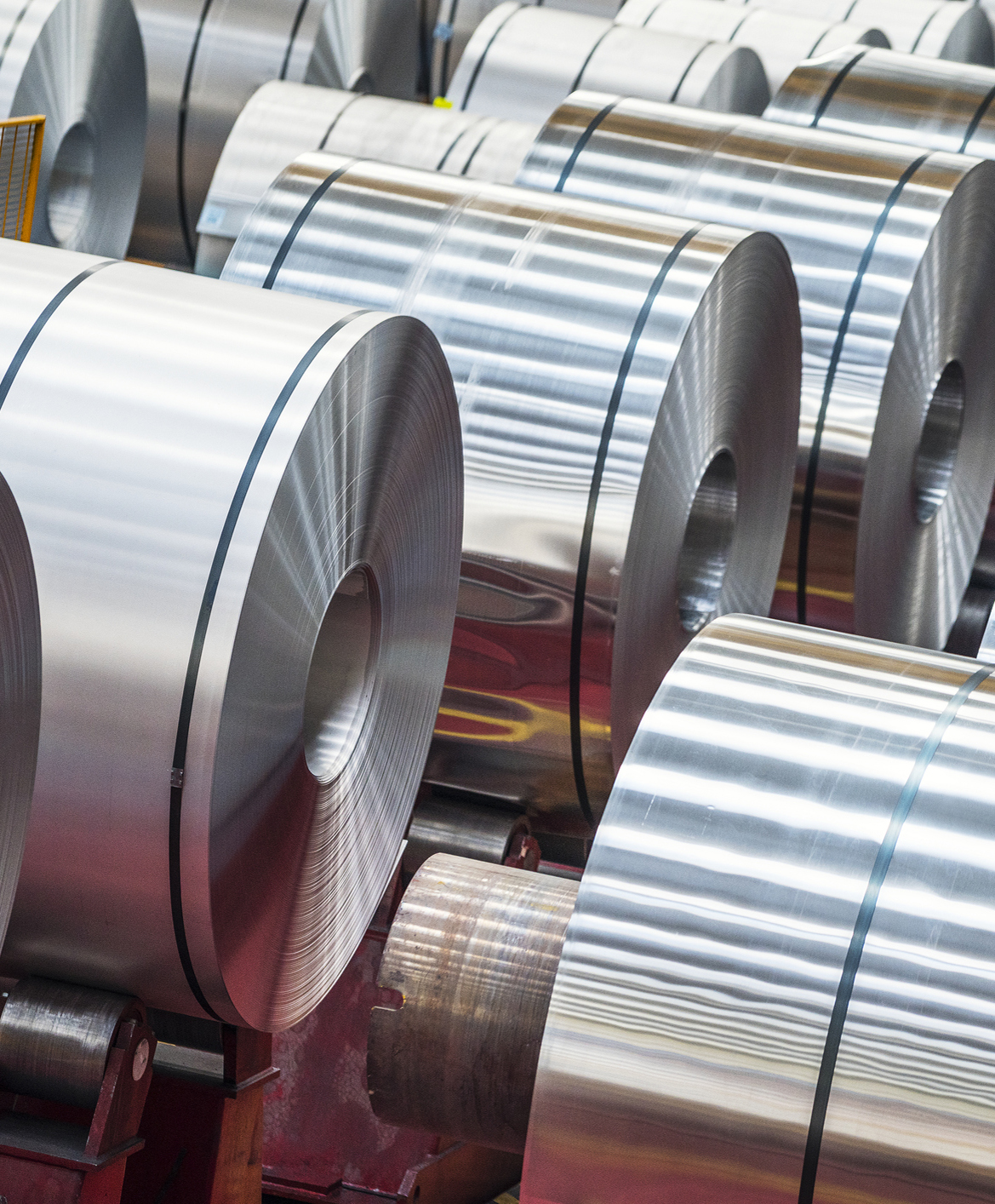
As President Trump remarked in his recent State of the Union speech, the United States will no longer surrender to its trading partners, “[we] expect our trading relationships to be fair and reciprocal.” In his speech, Mr. Trump highlighted the administration’s spectacular achievements in its first year. From tax reform to judicial nominations, a strong economy to a stock market at record highs, no president has completed more in their first year in office than President Donald Trump.
More is still to be done. Mr. Trump must follow through on his campaign promise to put American workers first and not allow naive free trade activists to impose ideological purity over polices that protect thousands of American jobs. This is true for America’s aluminum industry, an iconic industry decimated by a flood of illegal imports of aluminum into the United States.
Since in 2003, the United States’ primary aluminum industry has lost nearly 75 percent of its aluminum production capacity — with those jobs stolen by countries like China, India, Russia, the Middle East and others. This global overcapacity has cost the U.S. industry alone thousands of jobs that provide a valuable source of income to middle-class communities across America’s heartland. At full capacity and without an illegal flood of imports, the American primary aluminum industry is responsible for over 10,000 jobs and contributes over $3.5 billion in U.S. economic output.
The nature of the disadvantage complicates things. The real problem is one of systemic chronic overproduction, largely by state-enterprises, as a result of pervasive government subsidization around the world. Other administrations’ attempts to negotiate their way to a solution through global forums have been completely ineffective. Some of the largest aluminum industries around the world are largely state-owned.
Nearly all of the aluminum producers in the Middle-East are state-owned, the overwhelming majority of Chinese producers are state-owned, nearly half of the industries in Central and South America are state-owned, and even a large portion of Indian producers are state-owned. Not only is this level of state-ownership highly distortive, but these suppliers and others are not playing by the rules. What is needed is real concrete action by the administration now to address the surge of imports from these countries devastating America’s aluminum industry and threatening U.S. economic and national security.
In April 2017, President Trump and his administration announced the Section 232 investigation, to put American workers first. This little-known provision, carried out under Section 232 of the 1962 Trade Expansion Act, would allow Mr. Trump to “adjust imports” that threaten to undermine national security. Primary aluminum can be produced to very high levels of purity which is then used to support our troops overseas by reinforcing tanks, armored vehicles, and body armor.
In many of these small towns across America, aluminum plants are more than just a local business; the jobs these plants support are very well-paid and form the backbone of the local community. Imports of highly subsidized of aluminum at distorted prices, however, threaten that tradition, but change is coming.
In mid-January 2018, as part of the Section 232 investigation Mr. Trump initiated, the U.S. Department of Commerce presented its report to the president outlining the impact foreign aluminum has on our national security infrastructure. Upon receipt of this report, Mr. Trump has less than 90 days to review and decide on a course of action.
Having seen first-hand Mr. Trump interacting with America’s workers across this great nation, I know he truly cares about the welfare of our American workers. This president cares deeply about protecting American jobs and I’m confident he will stand with thousands of American aluminum workers and their families who supported his historic election. Undoing the mistakes of the past and restoring American manufacturing is not easy, but it is essential to defending our borders and ensuring a strong vibrant America.
Some opponents of fair trade deals are trying to undermine the president’s goal of protecting American manufacturing by hiding behind false claims that tariffs will hurt consumers. Beer producers, for example, are making overblown statements about the consequences of tariffs. But they don’t offer any evidence because they can’t.
From 2011 to 2016, the price of aluminum collapsed, declining by 30 percent. Over the same period, the price of beer, did not decrease, it increased, and beer producers simply pocketed the windfall. That alone exposes their real goal, which is business as usual, where American manufacturers get gouged, and we throw up our hands and say we can’t do anything about it.
By imposing broad comprehensive tariffs, President Trump has a unique opportunity to save thousands of the American aluminum jobs and put U.S. national security first. Now is the time for decisive action by the Trump administration on the aluminum 232 as we work together to Make America Great Again.
• Corey R. Lewandowski, campaign manager for the Trump campaign and chief strategist of America First Policies, is the co-author of “Let Trump Be Trump: The Inside Story of his Rise to the Presidency” (Center Street, 2017).